Washington, Nov 01 (V7N) - In a developing story, a Philadelphia district attorney's attempt to halt Elon Musk's controversial $1 million daily giveaways aimed at pro-Trump registered voters has encountered a significant setback. A judge ordered Musk to appear in court, but he was notably absent, prompting his legal team to file a notice to transfer the case to federal court. This move effectively pushes any potential hearing past the upcoming election on November 5.
The absence of Musk raised questions in the courtroom, and the legal maneuver has prevented the state judge from addressing the allegations presented by District Attorney Larry Krasner. In a post on his social media platform, Musk remarked, “American Justice FTW,” indicating confidence in his legal strategy.
Krasner criticized Musk’s actions, calling them “cowardly and irresponsible,” arguing that they mislead voters into providing personal information in exchange for a chance to win cash prizes. Musk's attorney countered, claiming that the district attorney's complaint is merely a publicity stunt from a “liberal, progressive Democrat.”
The lawsuit asserts that Musk’s lottery system is illegal, alleging it entices citizens to give up their personal information and make political pledges. Krasner seeks a court order to stop Musk and his political action committee from what he describes as deceptive practices.
Musk’s legal team contends that the complaint raises important federal legal questions rather than just state law issues. Despite the lawsuit, the PAC continues its giveaways, asserting that any registered voter who signs a petition pledging support for the First and Second Amendments is eligible to win the $1 million prize.
Legal experts warn that these giveaways could be an unlawful effort to incentivize voting for Trump, with critics noting that many winners appear to be individuals attending Trump rallies, casting doubt on the randomness of the selection process.
Furthermore, the lawsuit points out potential violations of Pennsylvania law, which mandates state regulation of all lotteries and emphasizes the need for transparency regarding rules and participant privacy. The Justice Department has previously cautioned that these giveaways might breach federal election laws prohibiting payments to encourage voter registration.
As the legal situation unfolds, the implications for Musk’s initiatives and the upcoming election remain significant, raising questions about the intersection of money, politics, and voter engagement in the current climate.
END/NYC/SMA/



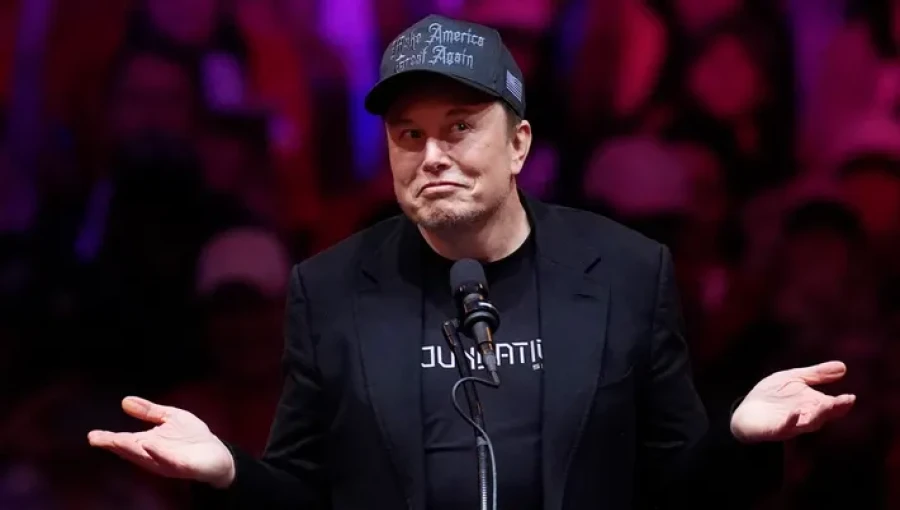
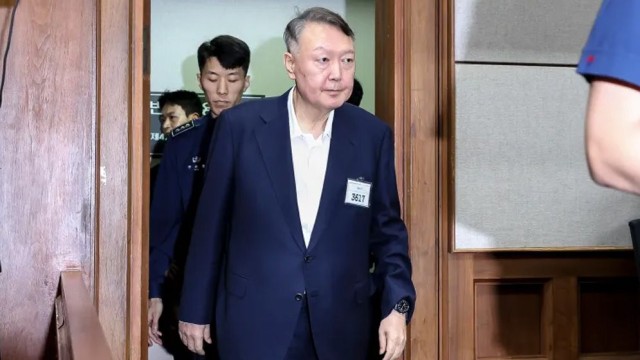

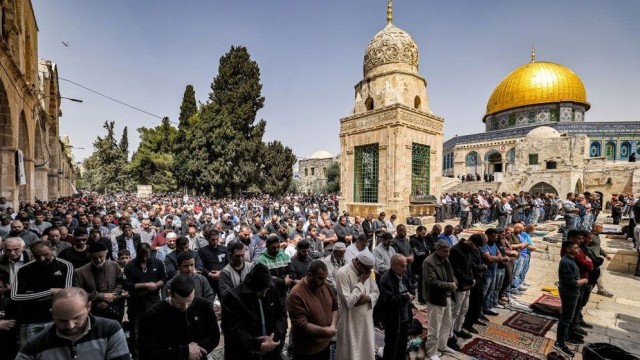


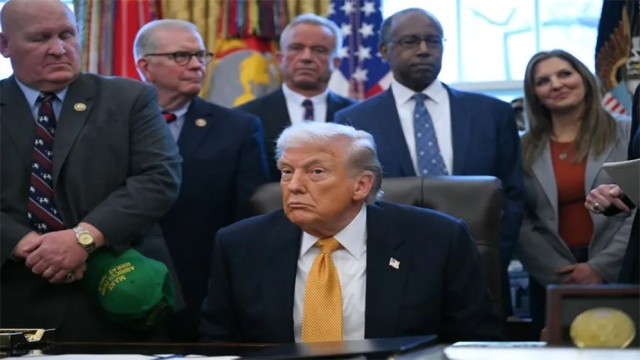
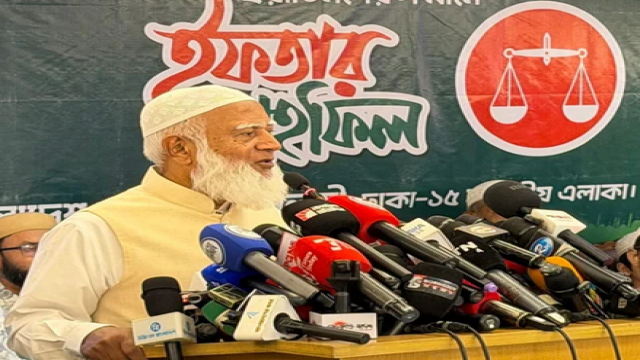
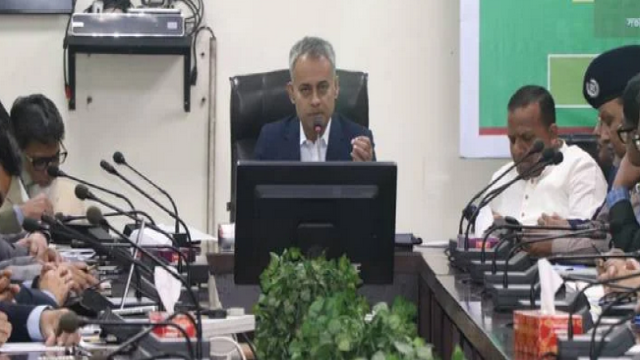




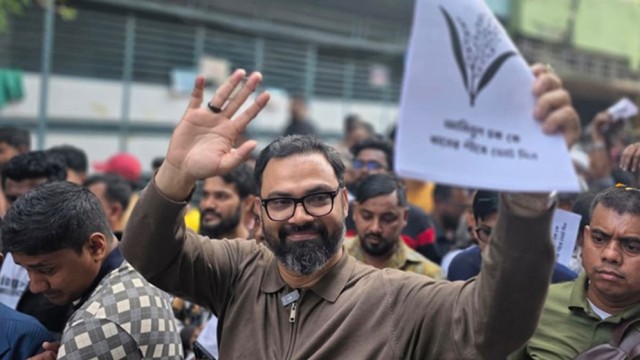

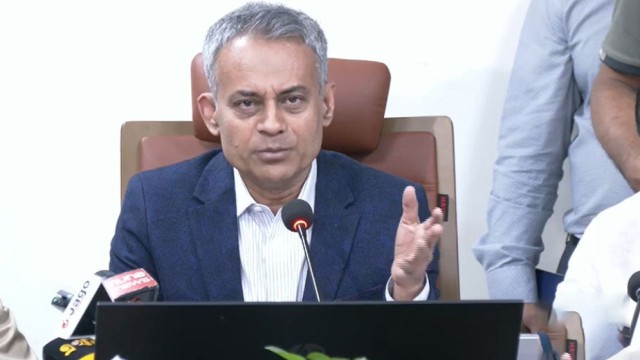











Comment: